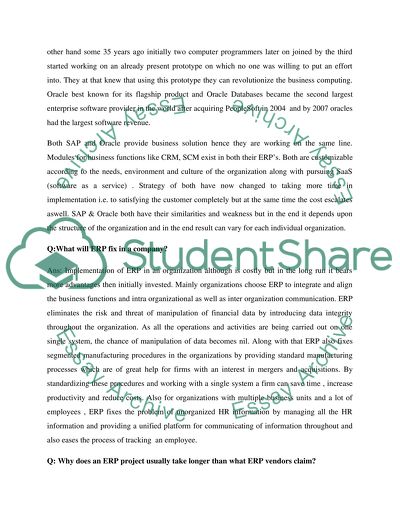Cite this document
(“Assignment 4 Essay Example | Topics and Well Written Essays - 750 words”, n.d.)
Retrieved from https://studentshare.org/environmental-studies/1415642-assignment
Retrieved from https://studentshare.org/environmental-studies/1415642-assignment
(Assignment 4 Essay Example | Topics and Well Written Essays - 750 Words)
https://studentshare.org/environmental-studies/1415642-assignment.
https://studentshare.org/environmental-studies/1415642-assignment.
“Assignment 4 Essay Example | Topics and Well Written Essays - 750 Words”, n.d. https://studentshare.org/environmental-studies/1415642-assignment.


